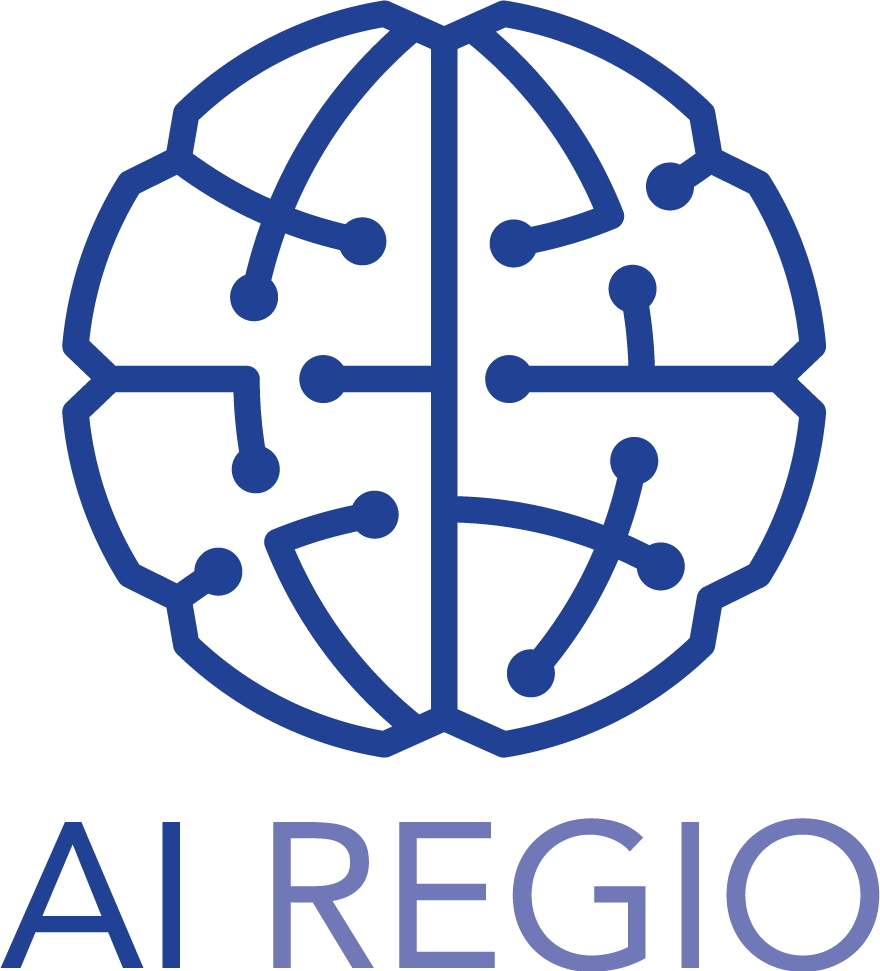Validation
Data Stories for Human-Centric Manufacturing AI
AI-based manufacturing analytics applications provide an enormous potential towards more efficient production in terms of reduced scrap, reduced rework, increased overall production efficiency, sustainable and energy-efficient production as well as early detection of potential problems. AI plays a major role in achieving these goals, e.g., by providing predictive maintenance or predictive quality applications. Within the last years, many technological advancements in terms of data accessibility (e.g., standards such as OPC-UA), data management (e.g., edge-cloud broker technology) and AI enablers have ermerged which have lowered the technical barrier to implement advanced AI applications for manufacturing use cases, also enabling smaller enterprises towards continuous manufacturing analytics. However, the manufacturing domain itself remains highly specialized in terms of production processes and highly individualized products. Thus, the development of a good prediction model, e.g., for early failure detection, needs to be tailored towards the specific process in terms of data harmonization, data exploration and annotation as well as the selection of a suitable AI model.
Finding a “good” AI model therefore is still a very time-consuming task involving different roles such as quality management, shop floor workers, data scientists and process experts. Typically, an AI development process in such environments is highly iterative requiring for intensive collaboration effort between these stakeholders. While tools have emerged within the last years which aim at lowering the technical barrier to develop manufacturing AI applications (e.g., AutoML and No-Code tools), these tools typically do not reflect the communication and collaboration effort, which remains a manual task. For instance, data scientists typically try to “find” unusual situations in provided data sets, while manufacturing process experts evaluate such findings and are able to identify business impact and relevance of provided situations. Based on such feedback, models are developed and evaluated before they are moved to production. Many required iterations slow down AI development processes, leading to high effort especially for SMEs with a low level of IT expertise.
The overall goal of AIDA-MAN is the development of a very novel and innovative approach for interactive manufacturing AI with the concept of AI Data Stories at its core. Data Stories are a novel way to provide and receive feedback from different stakeholders at SMEs and are used as a communication instrument to quickly build “micro AI applications” that target predictive analytics applications or classification tasks based on raw and continuous sensor data. AIDA-MAN will provide an interactive learning environment as an extension to Apache StreamPipes, which allows data and process experts to quickly connect manufacturing data, explore data for interesting situations, create data stories based on data excerpts which can be send to other stakeholders to receive feedback. This feedback is collected in a machine-readable fashion and is used to a) receive data annotations with much less effort (compared to traditional manual annotation) and, at the same time, generates a ”story book” for each machine which helps SMEs to collect knowledge that can be used for better worker guidance.
The authors of this proposal are the original creators of Apache StreamPipes, a self-service toolbox for data management and analytics, focused on manufacturing analytics. Bytefabrik.AI was founded by several members of the Apache StreamPipes PPMC in order to facilitate the usage of Apache StreamPipes for manufacturing SMEs and follows an open core business model. As such, AIDA- MAN aims at providing important extensions to Apache StreamPipes to AI Regio and the AI4EU marketplace, while making sure to disseminate open source contributions within large open source communities such as the Apache Software Foundation.
